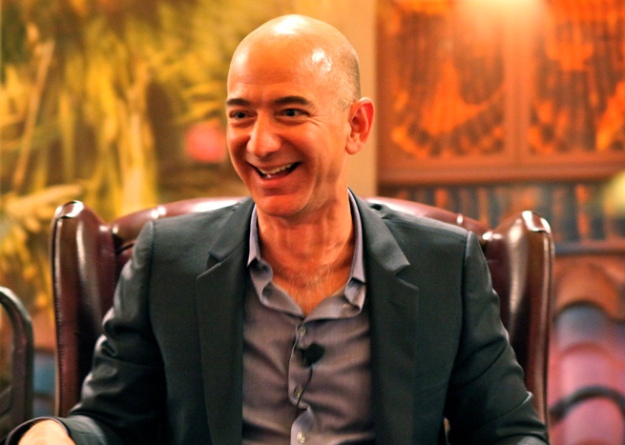
Big news from my other employer, WGBH: Henry Santoro will be joining WGBH Radio (89.7 FM) as a news anchor. Henry announced the move this morning on The Boston Globe’s online radio station, RadioBDC, where he had worked since 2012.
Henry and I worked together for years at The Boston Phoenix, where he was the morning news guy on WFNX Radio. His then-future wife, Thea Singer, showed me the ropes when I started as a copy editor at the Phoenix in 1991. When ’FNX closed three years ago, the Globe responded by creating RadioBDC — and hired Henry, Julie Kramer and other longtime ’FNX people. I enjoyed my occasional appearances with Henry on ’FNX, and it would be fun if we could do it at ’GBH as well.
WGBH has proved to be a magnet for members of the Phoenix diaspora. Henry joins WGBHNews.org senior editor Peter Kadzis, staff reporter Adam Reilly, political commentator David Bernstein and me. Congratulations to Henry, for whom I have one piece of advice: in public broadcasting, we spell it D-E-A-D.
Here’s the memo to the staff from WGBH Radio general manager Phil Redo:
Hi all:
I am very happy to announce that Henry Santoro will be joining our daytime line-up of news anchors.
Since Jordan [Weinstein]’s departure both Cristina Quinn and Lynne Ashminov have been handling anchor responsibilities — I thank them both for their excellent work and I’m pleased they will each continue to be part of our on-air news team.
Henry joins us from The Boston Globe’s radio property “RadioBDC” where he has been news director since 2012….
Before The Globe, from 1983 until 2012, Henry was a fixture on the morning radio dial, serving as the award winning news director and morning news anchor for WFNX-FM, owned by the Boston Phoenix. He worked very closely with several of our current WGBH News staff and contributors, including Peter Kadzis, Adam Reilly, David Bernstein and Dan Kennedy.
During the more than 30 years he has been a morning anchor, Henry has brought to audiences many of the most significant stories of our era beginning with the AIDS crisis in the early 1980’s to 9/11, Iraq and Afghanistan, the first election of Mayor Menino to the election if the first African American President. Along the way he has interviewed cultural and political personalities as wide ranging as Andy Warhol, Mitt Romney, Allen Ginsberg and Yoko Ono. And, so important to us, he is extremely plugged in to the local scene and should help us continue to deepen our commitment to being Boston’s LOCAL NPR. We may even consider bringing to WGBH his popular feature about community happenings called “Henry in the Hub.”
A strong communicator with a very conversational delivery, Henry has done both long and short form content and is a big proponent of the team approach within newsrooms, critical to our continuing development.
For ten years Henry was an Adjunct professor at Emerson College where he taught radio and journalism courses. He is himself a graduate of Emerson [see correction below], and also an Associate of Arts in Communication and Journalism from Northeast College of Communications.
He is an art collector ( he lectures on Andy Warhol 2-3 times a year), loves cooking ( he owns more than 5-thousand cookbooks!) and music.
Please join me in welcoming Henry Santoro to WGBH News. His first day will most likely be Tuesday, April 21st.
P
Correction. Henry posted this on Facebook: “Just for the record, I am not a graduate of Emerson College. I did teach there for over ten years, and I am an honorary member of their Phi Alpha Tau fraternity. I am a graduate of the now defunct Northeast College of Communications. That is all.”


 Yes, as a matter of fact, I am old enough to remember Glenn Ordway as the color man back when the legendary Johnny Most was doing Celtics play-by-play.
Yes, as a matter of fact, I am old enough to remember Glenn Ordway as the color man back when the legendary Johnny Most was doing Celtics play-by-play.

